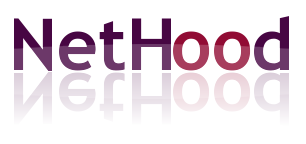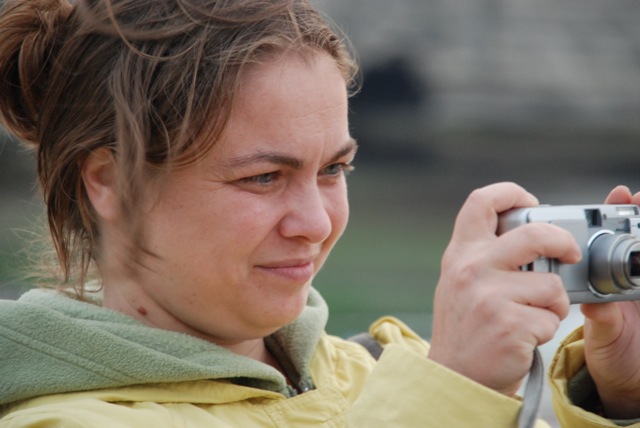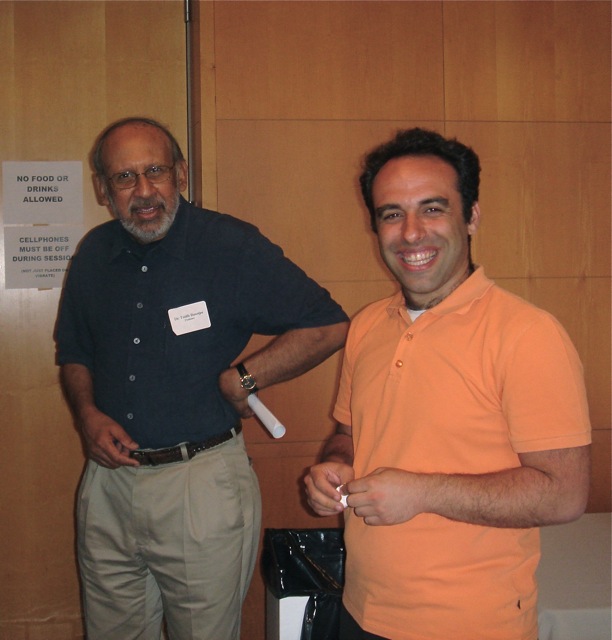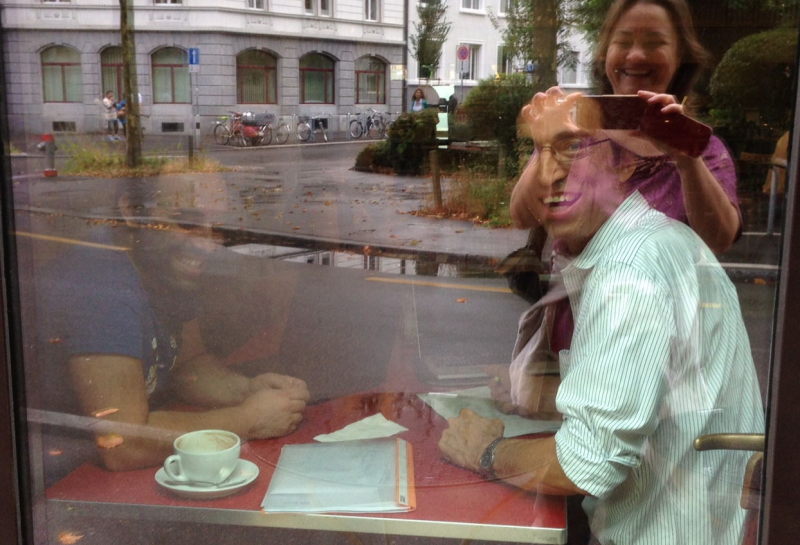
|
about
projects
papers
events
contact
|
principles | people | readings | contact
NetHood is a nonprofit organization based in Zurich, Switzerland, founded in January 2015. Its current activities include: the facilitation of information exchanges and collaborations between researchers, practitioners, activists, and citizens around its objectives; the participation in interdisciplinary and transdisciplinary research, education, and action projects; and the development of Do-It-Yourself tools and methodologies for empowering local actors to build networked localities that can support each other without suppressing their differences.
The vision of NetHood is to plant seeds of collective awareness, critical listening, long-term thinking, social learning and reflective action toward sustainable social life.
NetHood is active in five areas of research and action:
technology | neighborhood | economy | housing | food
How everything started
The project NetHood started in March 2008, when Panayotis gave a talk at the School of Policy, Planning, and Development, University of Southern California, invited by Ileana Apostol and Tridib Banerjee.
Ileana Apostol

|

|
Panayotis Antoniadis |
|
Tridib Banerjee, Professor,
University of Southern California |
At that time Panayotis was working on the problem of building wireless mesh networks in the neighborhood in a peer-to-peer manner, through the personal contributions and engagement by citizens. Unlike his previous work on economic incentives for P2P file sharing, he had the idea to rely on the local ties to provide more intrinsic, social, incentives for participation. But he soon realized that in modern cities such ties are rare. Perhaps the use of local hybrid communities run on top of community wireless networks, instead of global Internet-based platforms like Facebook, could help?
Ileana had recently completed her PhD research in the field of urban planning and more specifically on the production of public spaces within the globalization process. Her observation was that many social interactions in western cities take place in the virtual, digital, space.
So, they decided to combine their expertise and research interests to follow an interdisciplinary approach in designing the information and communication technologies that can bring closer those that live in proximity, instead of connecting people with common interests that are far away.
This decision gave birth to the NetHood project, which was for long time a parallel informal project, leading to a number of publications and it was only after 7 years, that became a formal organization.

Forming an organization
For the Compare project, NetHood organized an international symposium on self-organization, focusing on cooperative housing and complementary currencies, for which Ileana and Panos collaborated successfully with Jens Martignoni, a local expert on community currencies. Jens broadened the scope of NetHood to include this important aspect of life in common, the economy.
NetHood has been then officially founded in January 2015 by Ileana, Panayotis, and Jens who have all a strong interest in localities, bringing together knoweledge from different fields: urban design and place making, computer science and interdisciplinary research, complementary currencies, cooperative housing, and alternative forms of urban living.
Bridging research and action
From January 2016 until today NetHood has participated in various funded projects as an independent non-profit organization developing methodologies and tools for transdisciplinary research in its areas of interest, resulting in successful real life projects like the L200 space.
In parallel, all three NetHood's co-founders have been engaged with academic institutions, Ileana Apostol and Panayotis Antoniadis with ETH Zurich's Department of Architecture, and Jens Martignoni with ZHAW School of Management and Law.
These dual positions of NetHood's members provides an ideal position to achieve one of our main objective, building bridges between academia and civil society.
